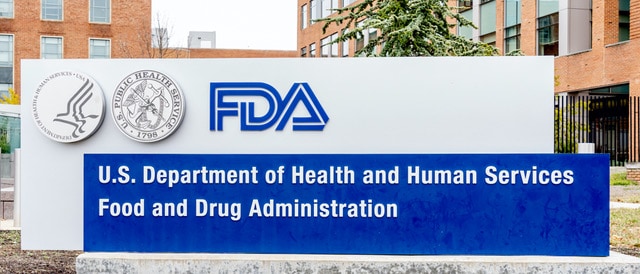
The US Food and Drug Administration (FDA) has granted Day One Biopharmaceutical’s Ojemda (tovorafenib) accelerated approval to treat patients aged six months and older with relapsed/refractory paediatric low-grade glioma (pLGG) harbouring a BRAF fusion or rearrangement, or BRAF V600 mutation.
The approval marks the type 2 RAF inhibitor as the first and only to be approved for this patient population.
Currently the most common form of brain tumour diagnosed in children, pLGG causes profound tumour and treatment-associated morbidities in patients, with up to 75% of paediatric patients having a BRAF alternation – the most commonly altered gene in pLGG.
Administered as a systemic therapy that offers once-weekly dosing as a tablet or oral suspension, the FDA’s approval, as well as the receipt of a rare paediatric disease priority voucher, was based on data from the phase 2 FIREFLY-1 trial, which evaluated Ojemda in 137 relapsed/refractory BRAF-altered pLGG patients.
Results published in Nature Medicine showed that Ojemda demonstrated an overall response rate of 52% among 64 patients with BRAF fusions or rearrangements and 50% for the 12 patients with a BRAF V600 mutation, with a median duration of response assessment in paediatric neuro-oncology low-grade glioma (RAPNO) being 13.8 months by the data cut-off point and a median response time of 5.3 months following initiation of treatment, with no major adverse events.
Commenting on the approval, president and chief executive officer, Pediatric Brain Tumor Foundation, Courtney Davies, said: “The approval of Ojemda… [will] address a critical unmet need for children whose day-to-day living and long-term health outcomes are significantly impacted by pLGG.”
Ojemda was previously granted breakthrough therapy and rare paediatric disease designations by the FDA for patients and has also received an orphan drug designation from the US regulator to treat malignant glioma, as well as from the European Commission for the treatment of glioma.
The RAF inhibitor is currently under evaluation as a therapy for patients with pLGG who require front-line treatment and is also being studied in combination with pimasertib for adolescent and adult patients with recurrent or progressive solid tumours with MAPK pathway alterations.




